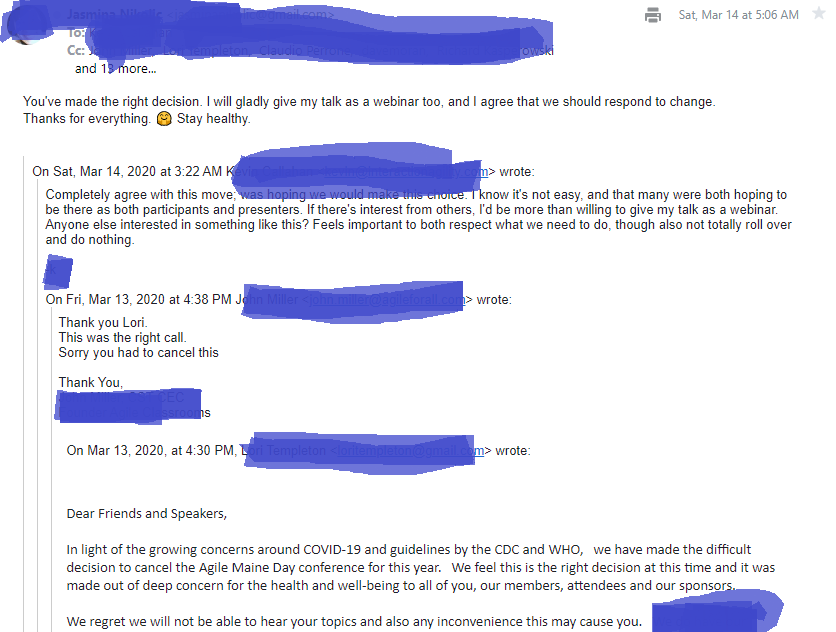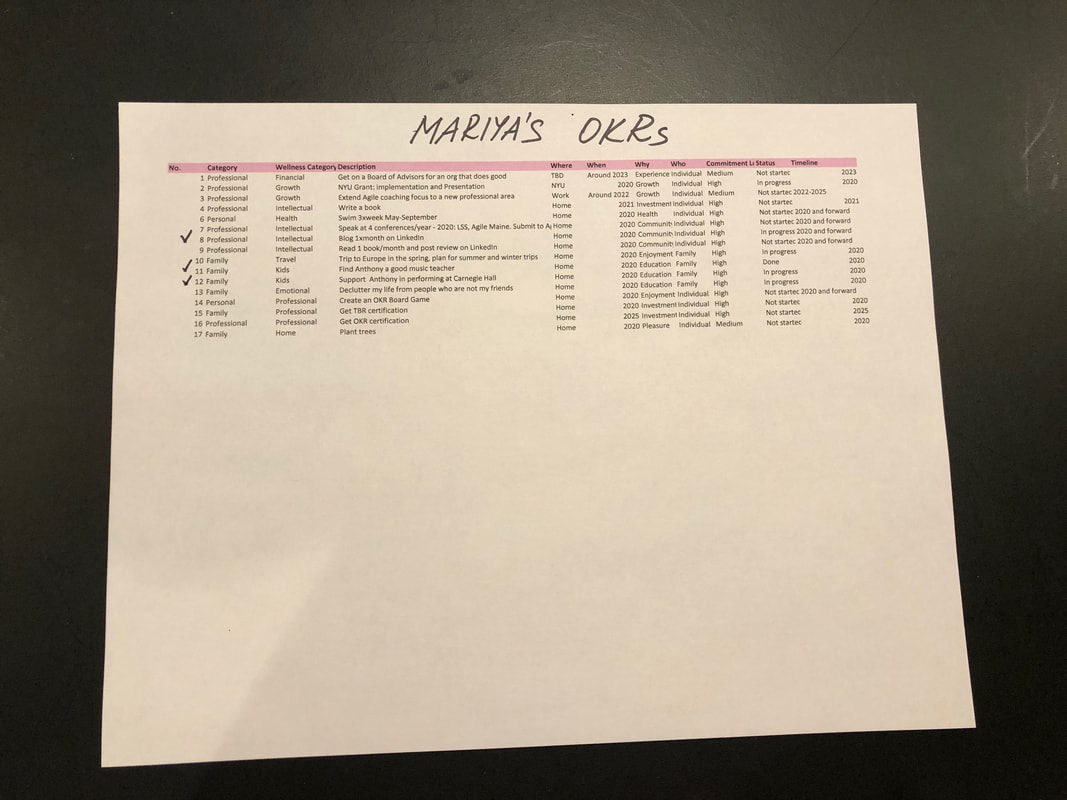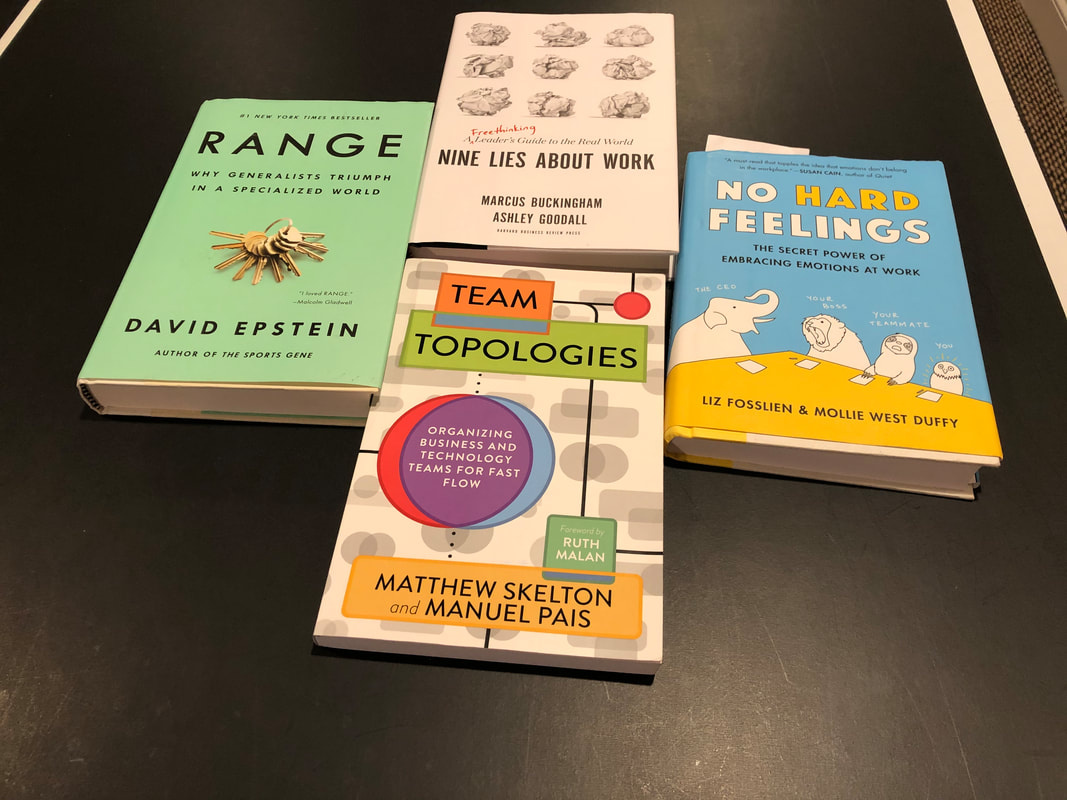|
Image by dianakuehn30010 from Pixabay. I wanted to give this article a different title, "What is good about COVID-19?" and changed my mind because I thought this would be too intense. I am very well aware that this is a global tragedy that kills people and poses a threat to the world economy. At the same time, my life’s motto is "Every challenge is an opportunity", and coronavirus is probably the biggest of all. As a coach, I always tell people that we cannot change external events but we can change how we respond to them. There are things we can do about coronavirus (social distancing, supporting medical professionals, and influencing lawmakers) but as much as we want to stop it immediately, it will take time. Coronavirus is a huge challenge to humankind and a tragedy for many people around the world who lost their loved ones. Unfortunately, we cannot reverse that. There are also multiple opportunities that we can seize on a daily basis to help ourselves and people around us get through the challenge. There are many people who wrote so well about taking this challenge as an opportunity. Lyssa Adkins shared this beautiful poem with a powerful closing: Promise this world your love– for better or for worse, in sickness and in health, so long as we all shall live. In difficult times like this, there are so many opportunities. I love the post by Rachel Ben Hamou on Medium on “Boosting Connection And Crushing Loneliness during epidemics”. As one of the ways to remain connected while being isolated, she suggested a check-out group exercise called Virtual Campfire. Check-outs are a quick way of polling people for reflections, which brings a sense of closure to the gathering and helps people mentally and emotionally transition out of the conversation. In this exercise, each person in a remote location opens a campfire in a new window/tab on their computer. Then (one-by-one) they name something they are grateful for. Or something they observed. At the same time they symbolically throw an imaginary log onto the fire. Each person who completes a turn, names the next person until everyone has had the opportunity to contribute. As I am writing this blog, I have this campfire video on one of my four monitors - it brings me peace and quiet. To contribute to all the goodness in this difficult time, I decided to use my profession of an Agile coach to find at least five opportunities that social distancing and self-isolation can bring us. I hope that you'll be able to add to those. Below is my list of five "opportunities" and related Agile tools and techniques: 1. Taking time to spend with our loved ones. Tool: Kanban board. I work all the time. I have one full-time job and a part-time teaching job. I also have a husband and two kids that I wish I had a chance to spend more time with. Now I do. Instead of running to multiple activities - piano, swimming, social events, theater, movies, we are at home. We talk, we read, we beautify our house, and talk again. This is precious time. And - to maintain our rhythm - we use a Kanban board to manage our activities. Below is a picture - every team member (sorry -family member) is color coded. I am purple, my husband is yellow, kids are orange and green. We update it as we finish our activities and review daily together, right to left. We do it in Agile way - as a standup meeting which takes no more than 15 minutes for us to align on everything we've completed today and our plans for tomorrow. 2. Build relationships. Tool: Social Networks and communication software It is very important to remember that these relationships are fueled by a sense of team, not physical proximity. I used these few days of continuously working from home to meet online with my friends from school in Moscow and my Stanford-era friends in California, which whom I rarely find time to connect anymore. I connected with Agile coaches around the world, learned a lot from Agile community in India and in Europe, and built meaningful online relationships - in forums, on LinkedIn, and professional associations' sites. In April and in May, I was scheduled to participate in two Agile and Lean conferences, and all presenters offered to present online to support the community and share knowledge. Look at this collaboration and the mutual support below related to cancellation of one of these conferences. I got to meet other presenters and connect with them in a way that is maybe closer than presenting in person. 3. Set long-term objectives Tool: OKRs I believe in OKRs (Objectives and Key Results). I set my Objectives annually and review Key Results quarterly. This week, I had a chance to review my progress a few weeks earlier that the end of this quarter, and found out that I still have a chance to complete some of the first quarter Key Results and course correct on the future ones. Having a chance to stop and reminisce allowed time for long-term thinking and reflection. Below is the result: 4. Read and learn Tools: online learning, books, professional associations, MOOCs This extra time saved from commute and in-person activities is a great time to learn online, update your certifications, or read a book. There are multiple other tools to learn from the community, For example, New York Scrum User Group is celebrating World Retrospective Day on March 26th with a Resilient Retrospective Experiment for World Retrospective Day. As one of the organizers, Dana Pylayeva puts it, "You've planned a perfect retro for your team, brought in creative props just to discover that most of your team members had to work from home on this day. You've pulled together best activities for your large scale in-person retro, yet COVID-19 arrived with all its travel bans. Don't be afraid to change! Join us to participate in a NYC SUG large scale experiment and celebrate the World Retrospective Day. 100% virtual, 100% awesome. Learn how retrospective face-to-face activities can be adjusted to a new distributed reality. Discover together what works best and what fails spectacularly! Multiple facilitators, parallel discussions, one-on-one connections - you will experience it all and get inspired to re-create this level of engagement with your distributed groups." If you need any suggestions, below are a few books I've read this week that I would recommend you: 5. Stay more connected. Tools: JIRA, Trello, Kahoot, Skype, Zoom Many companies, universities, and schools switched to online education. Many employers had a hard time switching their employees to word from home and, surprisingly, after overcoming initial network-related hurdles, we found out that there are multiple tools to align and support each other while working from home. In the Agile world, we use JIRA, Trello, or similar tools to align on our work, we meet daily online for 15 minutes to align on our work, and show working work to our customers at a regular cadence - all of it works very well online. I teach Agile Project Management class at NYU, and last week, we moved our classes online using Zoom. I was concerned because this is a highly interactive class, but I was able to use multiple interactive tools - kahoot, it, Poll Everywhere, whiteboarding, and chat. I have a large class (25 students) and the chat allowed everyone to communicate actively during the class in a synchronous way. I was pleasantly surprised when the students told me that they loved the class because I encouraged them to type their comments in the chat whenever they have anything to say and addressed each one of them throughout the class. For the next class, I plan to do a "Traffic Light check-in" before the class and an Agile Retrospective in the end. From the global perspective, coronavirus allows us to stay connected in face of a major threat, support each other, and contribute to overcoming this challenge. And as we do it, I hope we stay grateful to those who fight the challenge and help people get through it - doctors, nurses, chemists and pharmacists, government officials, people like you and I - everyone who will stay strong and get through this together, while enjoying every day we got and every opportunity to make a difference.
I'd like to hear from you: what are the opportunities that you see and how are you utilizing them? Please share your ideas, suggestions, or invite others to share a virtual connection, learn, and collaborate.
2 Comments
|
AuthorTransformation agent with experience in business transformation including transition to Agile (Scrum, kanban, lean) and building scaled Agile and Lean organizations. Passionate about motivating people and building great teams. Archives
October 2020
Categories
All
|
Services |
Company |
|




 RSS Feed
RSS Feed